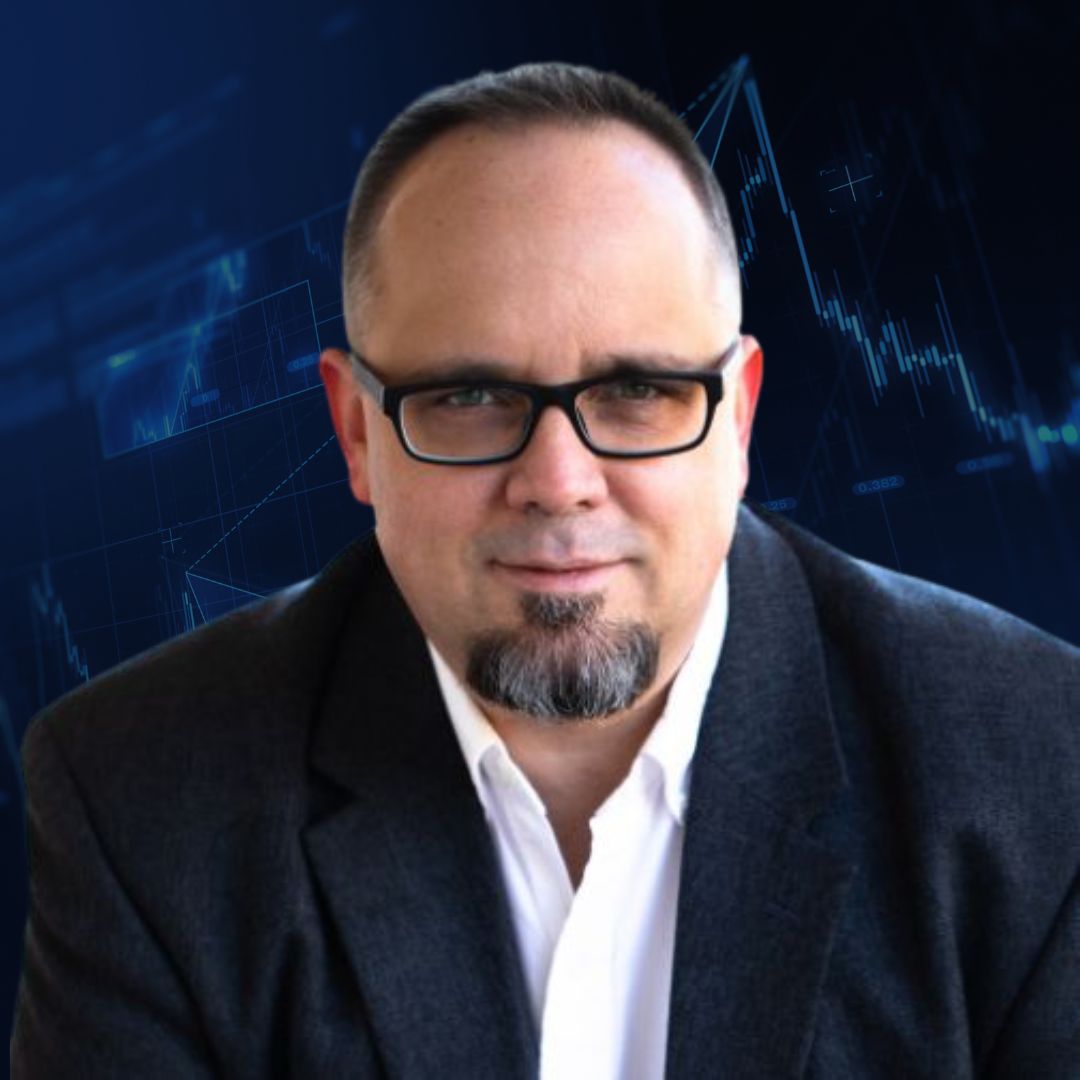In this insightful episode, Brad Chandler, a seasoned real estate investor with over two decades of experience and more than 4,000 home purchases under his belt, joins Brandon to share valuable lessons from his career. Brad dives deep into the world of real estate marketing, emphasizing how crucial it is to select the right marketing agency and ensure their strategies align with your business goals.
Brad also shares his personal journey of transformation and how it has impacted his approach to business and life. He discusses the importance of finding purpose beyond financial success and how his shift in mindset helped him find happiness and fulfillment. His advice is clear: whether you're struggling in business or feeling unfulfilled in life, taking action and embracing change are essential to achieving true freedom.
Brad explains the key elements of successful marketing campaigns, such as understanding customer pain points and ensuring your message addresses those internal needs. He also offers practical tips on how to evaluate and select a marketing agency that will help drive sustainable growth for your business.
In addition to his business expertise, Brad opens up about the personal changes that have shaped his life, including how his own experiences have driven him to help others lead more fulfilling, purpose-driven lives. He invites listeners to connect with him for free guidance on achieving freedom and happiness, offering a unique combination of business and personal development insights.
To learn more or to get in touch with Brad, visit bradchandler.com/contact, where you'll find additional resources and daily tips on achieving a more meaningful, impact-driven life.





.jpg)





.webp)
